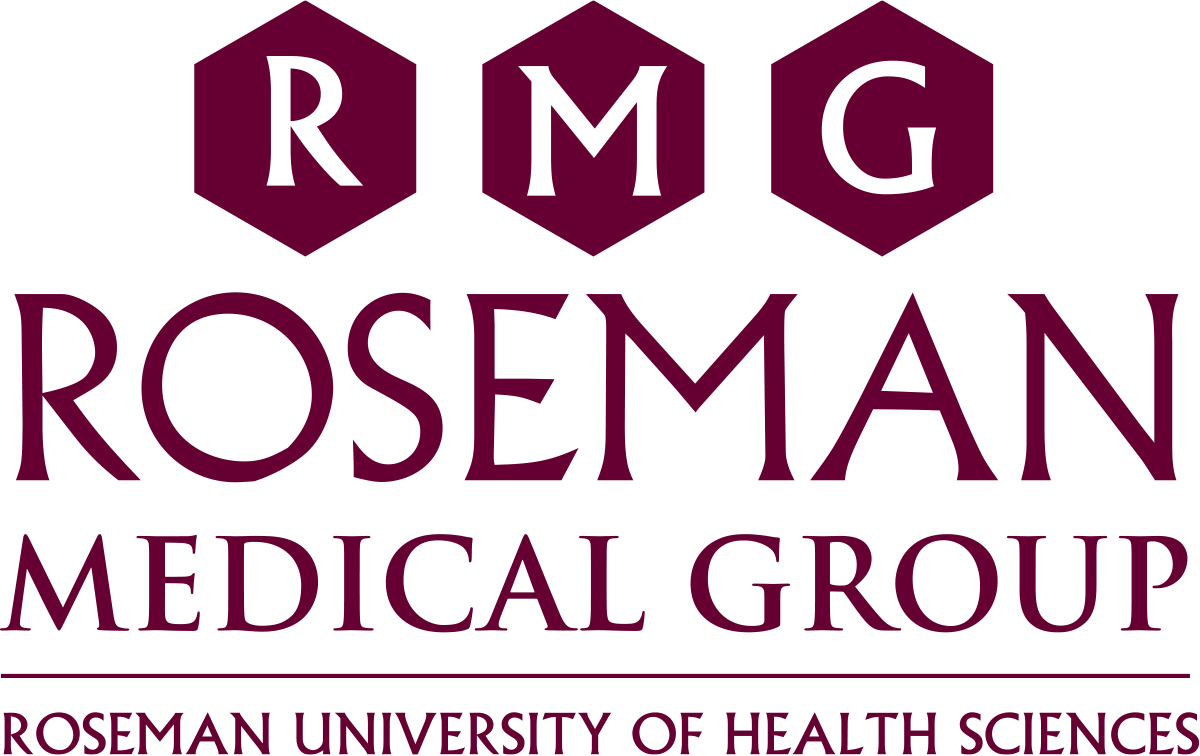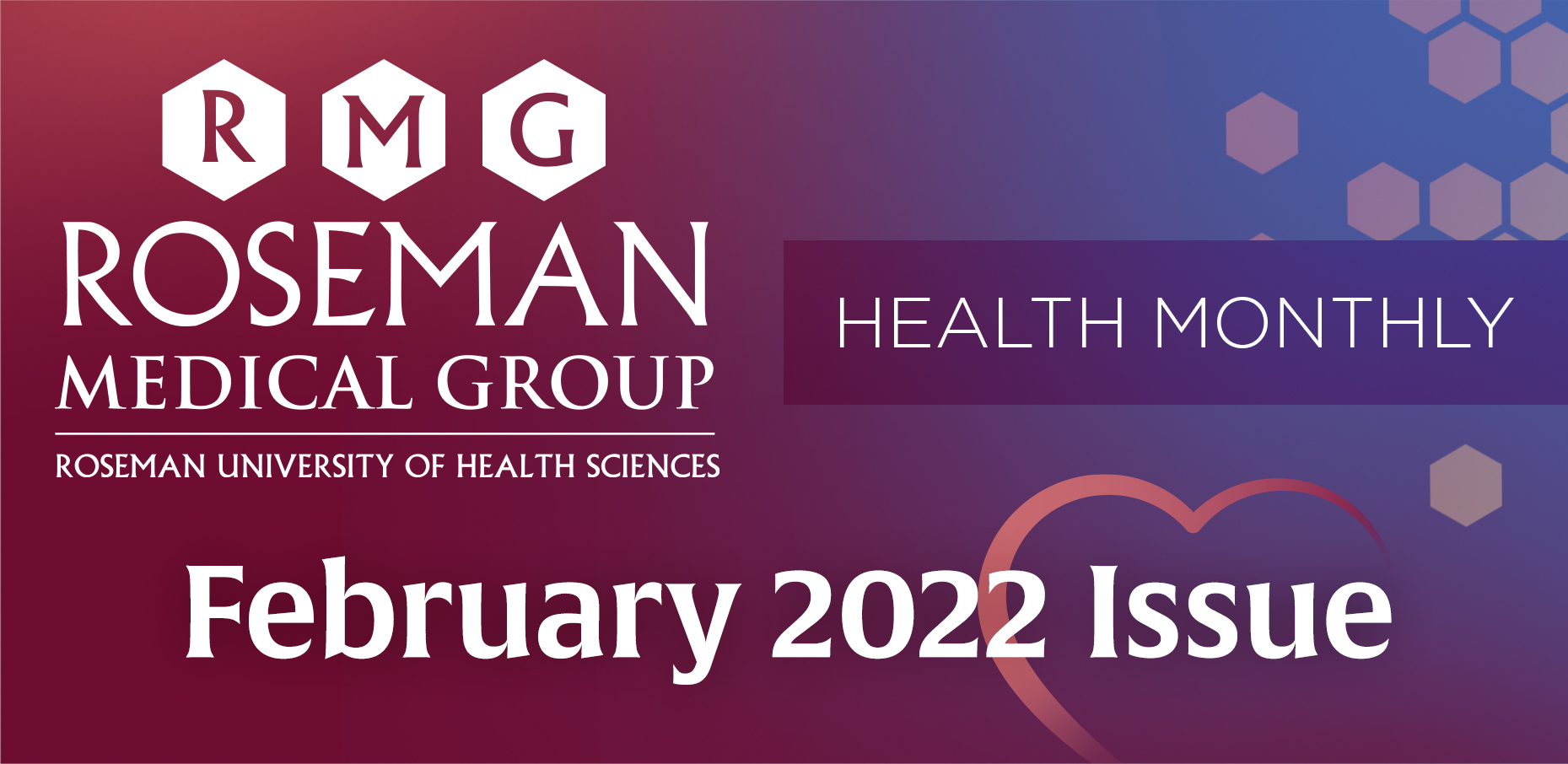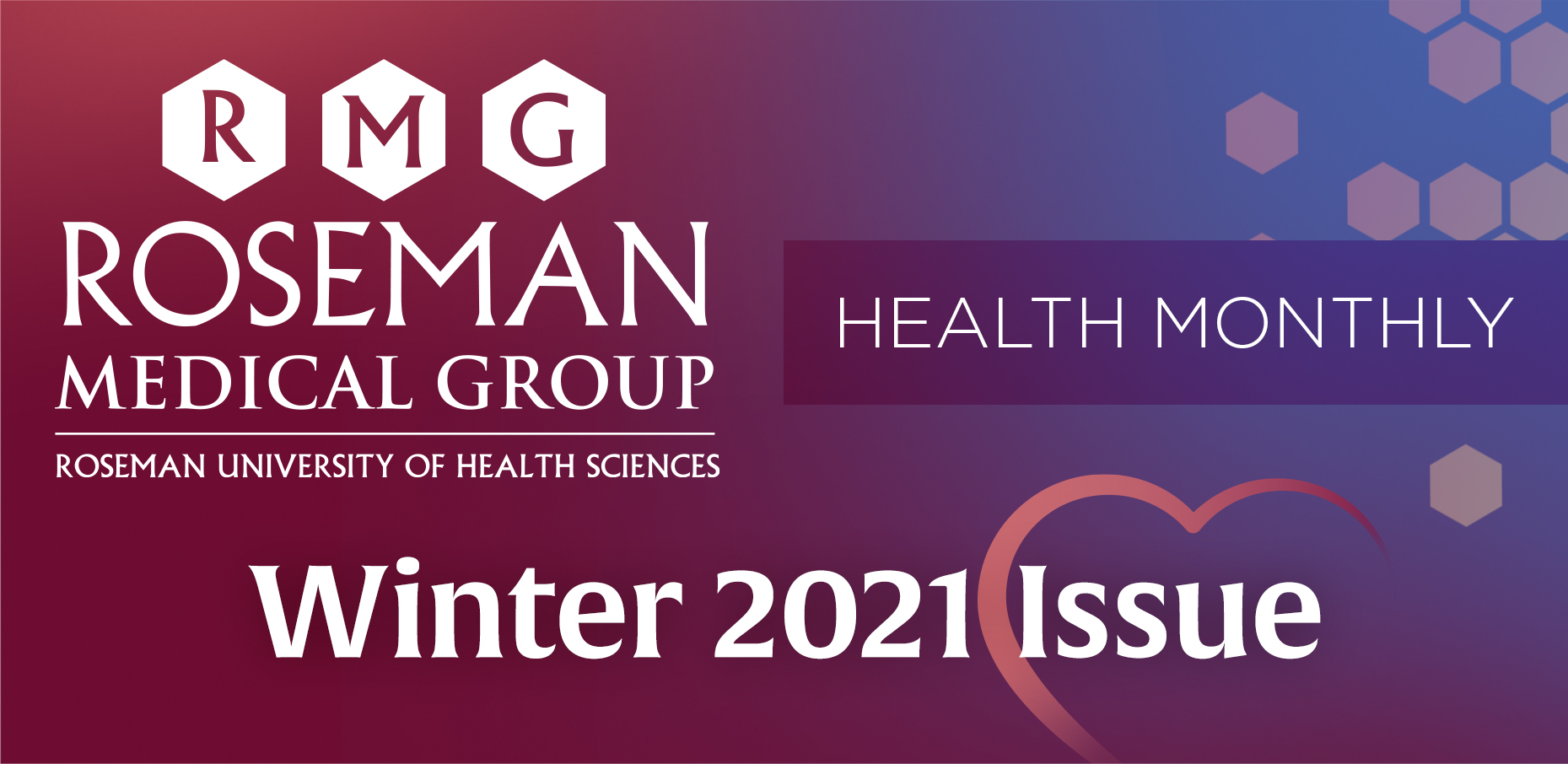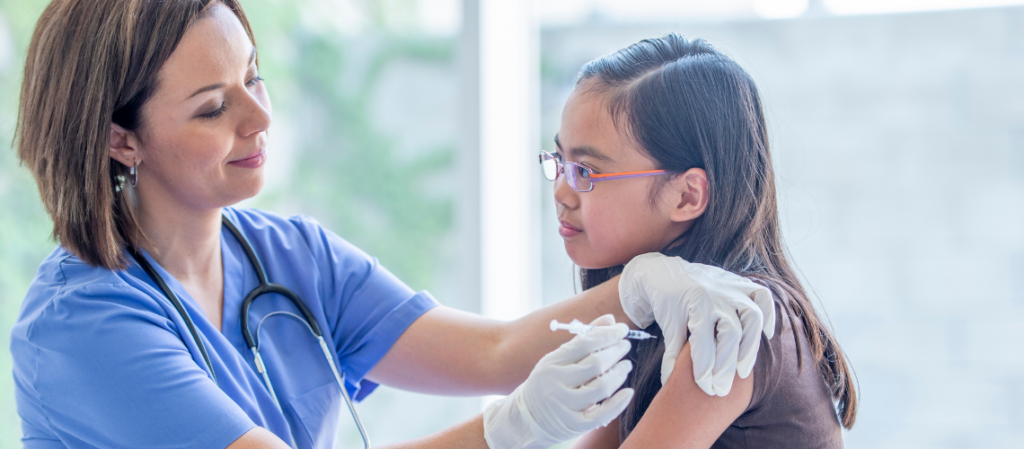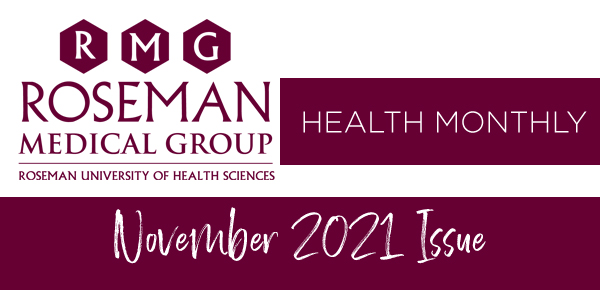Manas Mandal, PhD
Fulbright Scholar & Professor
I could not believe my ears as Longhorn (name altered to keep confidentiality) asked me one late summer afternoon in 2021, “Do COVID-19 vaccines contain the Luciferase gene? Do they carry a microchip?” I was surprised at first, then slowly asked, “Longhorn, how do you know about the Luciferase gene?” Because not many of us would know of this gene except researchers in the biotechnology field. Then came the reference of God, Luciferase the evil, and the notion that a genetic component of the Luciferase gene had been inserted in the COVID-19 mRNA vaccine, taking the vaccine recipient away from God and towards evil! “Where did you learn about this?” The answer? “Social media.”
Welcome to 21st century America and a global pandemic! Along with a tsunami of illness, death and destruction of families, shattered mental health, destroyed relationships and friendships, and long-term COVID, we also perhaps lost our ability to sift through the vast amount of misinformation out there to find credible, accurate information. Yet, collectively we’ve learned, or rather mis-learned, many wrong words, terminologies, theories and notions which inadvertently hurt the most vulnerable amongst us who are powerless and defenseless.
But there is hope. It’s not over yet. We can still learn the right things. We can still show care for another individual by getting vaccinated and boosted. Scientists, clinicians, nurses, frontline heath care workers, teachers, students, people in the grocery checkout, and people from every facet our society sacrificed, worked hard and long hours without much support for over the last two years to develop the vaccines, treatments, caring for the patients, teaching and learning remotely, and filling our grocery bags so that we can have dinner.
Let’s talk about COVID-19 vaccines, how they were developed, how they work, why one needs a booster dose, vaccine-related adverse effects and long-term immune protection from vaccination.
Vaccines are one of the most cost-effective and successful interventions against infections that keep us safe and healthy. Our body naturally fights off infections through activation of immune systems and “remember” how they fought off the original infection and remain ready for protection against future infection. In summary, an ideal vaccine mimics the course of natural infection without infecting the individual. But it is a daunting task to develop a vaccine that will be protective, particularly against a new respiratory virus which is largely not understood well. Moreover, from the beginning to end, it takes about 10-15 years of extensive research and clinical trial prior to release of a vaccine in the market. But that was not the case for the COVID-19 vaccine.
Several COVID-19 vaccines have been approved by the FDA/CDC since late 2020, and mass immunization in US and worldwide started in early 2021. So far, over 211 million (64%) US citizens have been fully vaccinated in the US and over 87 million received a booster dose (26.5%). Worldwide, over 4 billion (52.2%) are vaccinated, and 12.4% received a booster dose of vaccine against COVID-19.
But what are these COVID-19 vaccines?
Many of these vaccines use genetic material from the severe acute respiratory syndrome-2 (SARS-2) virus that causes COVID-19. These genetic materials can be mRNA, found in Pfizer and Moderna vaccines, or DNA as found in Johnson & Johnson (J&J) vaccine. Other companies developed vaccines based on whole killed or inactivated virus, such as Bharat Biotech, CanSino Biologics, Sinopharm and Gamaleya. A traditional protein-based vaccine has also been developed by Novavax, which is approved in India and was released in Australia very recently.
These vaccine formulations use different pharmaceutical ingredients. Pfizer and Moderna mRNA vaccines are formulated with 4 different types of lipids or fats, and the J&J vaccine is packaged using human adenoviral vector. The process of vaccine formulation and manufacture is extremely complex and requires extensive scientific expertise. For example, both Pfizer and Moderna vaccines contain over 200 different components which are not easily available or manufactured.
Although COVID-19 vaccines were developed on a “fast-track” basis, these vaccines are remarkably safe and effective in preventing moderate through severe COVID-19, and hospitalization due to infection. Along with immune response and protective efficacy, vaccine clinical trials monitored patient safety, which is always an overriding concern for any vaccine development protocol, including COVID-19. These aspects were studied, analyzed, vetted and deliberated by the best scientists and clinicians in the world, individuals who possess life-long experience and expertise in vaccine research, prior to any approval and release of COVID-19 vaccines to public. Pfizer and Moderna vaccines are remarkably safe and effective in all recipients, including pregnant and lactating women. At this time, both Pfizer and Moderna vaccines have received full authorization from the FDA. On February 1, 2022, Pfizer submitted emergency use authorization application for COVID-19 mRNA vaccine for children six months through four years old to the FDA. It is widely expected that this initial two- dose vaccine would receive authorization after thorough expert review by early March, as “having a safe and effective vaccine available for children in this age group is a priority,” as per Dr. Janet Woodcock, acting FDA commissioner.
Vaccination stimulates our immune system (immune response) and builds immune memory without causing the infection. Vaccinated individuals develop infection neutralizing antibodies via B cell activation and generate T cell response to prevent COVID-19 infection and illness. When a significant majority of the population is vaccinated to develop “herd immunity,” the potential for COVID-19 to spread in the community is dramatically reduced. Collectively, we all remain safe and healthy, which is critically important particularly for elderly people, immunocompromised individuals, and children who are not yet eligible to receive vaccination.
In clinical trial, both Pfizer and Moderna vaccines offered around 95% protection against severe infection and hospitalization after 2 shots. Real world data also suggest that vaccination protected against Alpha, Beta and Delta variant-specific symptomatic disease at 74-88% efficacy and against severe infection, hospitalization, and death at around 95% efficacy. Yet, it has been observed that vaccine protection waned particularly against Delta variant six months after original vaccination. Both the Delta and Omicron variants carried a large number of mutations in the “Spike” protein of SARS-CoV-2, making them “stickier,” with higher infectivity and viral load in patients. Delta variant infection was particularly more deadly in unvaccinated patients. Now with the emergence of Omicron as the dominant variant strain in US and world-wide (over 99% new infections), clinical evidence is mounting in favor of decreased protection from both vaccine- and infection-induced immunity. It has been observed that Moderna vaccine protection is reduced to 57% against hospitalization six months after vaccination, but can be boosted to 90% with a booster dose. To mitigate against the serious Omicron infection situation and to improve vaccine protection, an additional vaccination as a booster dose of COVID-19 vaccine has been recommended by the CDC to all age groups six months past primary immunization. At this point, a booster dose remains our best strategy for providing most robust protection against initial infection, severe illness, hospitalization, long-term COVID sequelae, and death.
Overall, vaccination protected us against original COVID-19 infection, reinfection and related hospitalization. And with the emergence of variants of concern like Alpha, Delta and currently Omicron, scientific evidence suggests decreased protection from both vaccine- and infection-induced immunity. Still our best protection against the Omicron variant can be achieved with widespread administration of a booster dose which will also curb the transmission and flatten the infection curve. According to Dr. Anthony Fauci, Chief Medical Advisor to the President of the United Sates, with “sufficient control” of the infection we can have “a level of control that does not disrupt us in society, does not dominate our lives, not prevent us to do the things that we generally do under normal existence.”
While the race towards the vaccine continues to the finish line, “vaccine hesitancy” in certain United States populations remains as a barrier defeating the pandemic. Along with a booster, new antiviral drugs, proper mask wearing, and physical distancing where appropriate can make COVID-19 an “acceptable respiratory virus infection.” But building public trust and confidence in COVID-19 vaccine is necessary to win over the pandemic.
